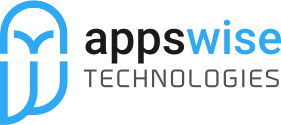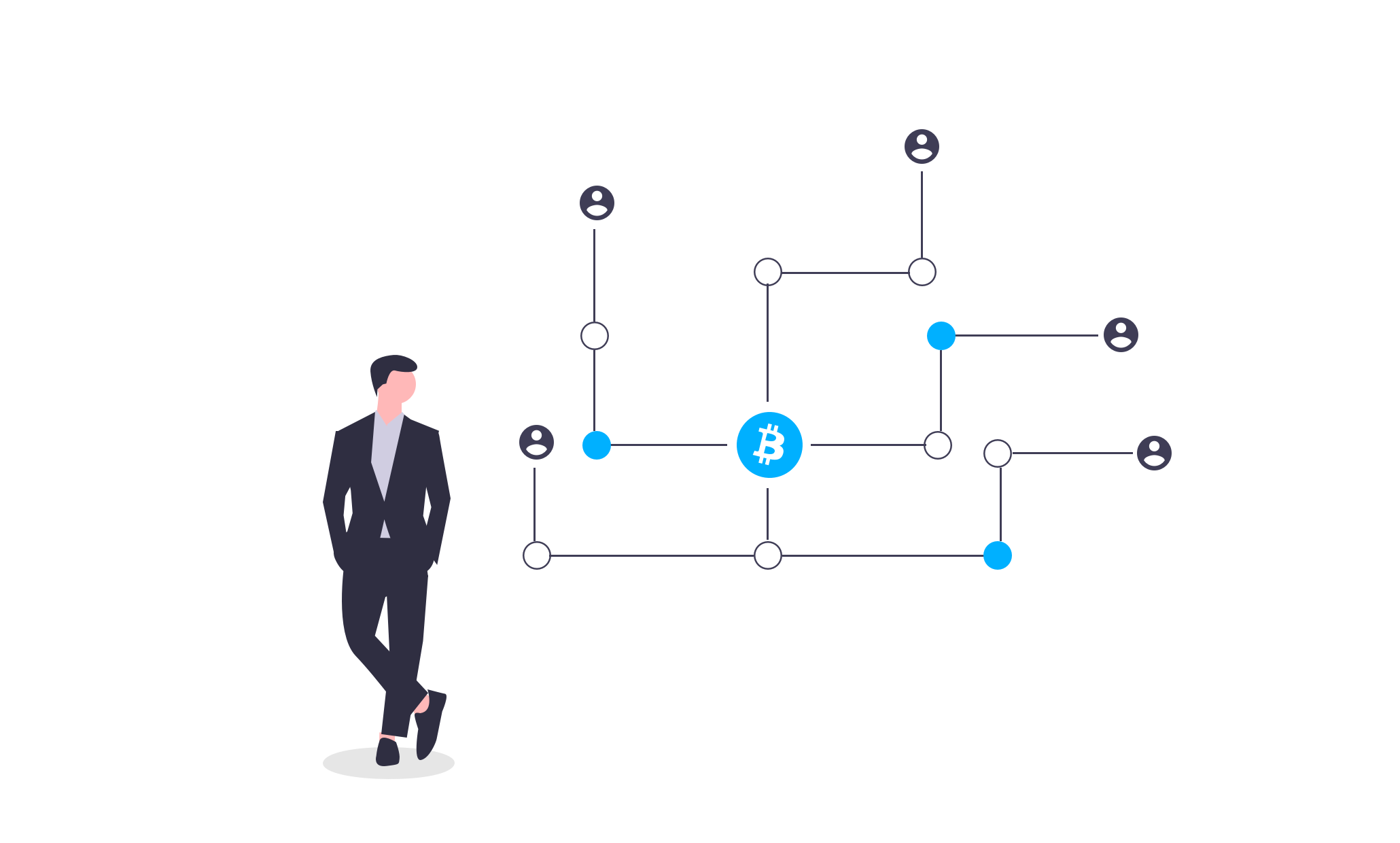“Blockchain” is one of two “B” words that are all the fuming lately — the other being “Bitcoin.”While Bitcoin is grabbing most of the headlines, many people are mistakenly lumping “cryptocurrency” into the same category as “Blockchain.” True, the two are certainly related, but they’re not one in the same.
What is blockchain doing?
Blockchain, helps us imagine a world in which contracts are embedded in digital code and stored in transparent, shared databases, where they are protected from deletion, tampering, and revision. So, a blockchain is simply a digital ledger, much like what’s above your chequebook in your wallet. By allowing digital information to be distributed but not copied, blockchain technology created the backbone of a new type of internet. Blockchains use cryptography to process and verify transactions on the ledger. Encryption and coding improve transparency, efficiency and trust in information-sharing.
What makes blockchain unique and really cool?
Instead of some company having it stored on a server somewhere waiting to be hacked, the blockchain exists decentralised. This means anyone running a full node( a special type of wallet that hosts the block chain essentially) from their computer at home is storing every transaction that has ever occurred on that blockchain. Its network lacks centralised points of vulnerability that computer hackers can exploit. We all rely on the “username/password” system to protect our identity and assets online. Blockchain security methods use encryption technology.
The basis for this are the so-called public and private “keys”. A “public key” (a long, randomly-generated string of numbers) is a user’s address on the blockchain. Bitcoins sent across the network gets recorded as belonging to that address. The “private key” is like a password that gives its owner access to their Bitcoin or other digital assets. Store your data on the blockchain and it is incorruptible.
How is transparency and incorruptibility maintained?
The blockchain network lives in a state of consensus, one that automatically checks in with itself every ten minutes. A kind of self-auditing ecosystem of a digital value, the network reconciles every transaction that happens in ten-minute intervals. Each group of these transactions is referred to as a “block”. Smart contracts are “conflict-free” ways to exchange money, property and shares or anything of value via Blockchain. These contracts define the rules and penalties for each agreement and also enforce obligations automatically. Two important properties result from this:
- Transparency data is embedded within the network as a whole, by definition it is public.
- It cannot be corrupted altering any unit of information on the blockchain would mean using a huge amount of computing power to override the entire network.
Who and where all will the blockchain be used? Some instances –
-
Finance: – Currently, finance offers the strongest use cases for the technology. International remittances, for example. The World Bank estimates that over $430 billion US in money transfers were sent in 2015. And at the moment there is a high demand for blockchain developers.
-
Health Care: – An example: MedRec, an MIT-backed initiative designed to be a digital family history of medical records, uses Blockchain to create for patients a family medical history that can be passed down from generation to generation. MedRec was implemented using Ethereum blockchain and uses that technology’s smart contracts to execute scripts on the blockchain.
-
Music World: – Myceria’s Blockchain-based platform has created a way for musicians to push smart contracts for the sharing of free-trade music, ensuring that profits go back to the artists. These contracts allow artists to sell directly to consumers without the need for labels, lawyers or accountants; and royalties are paid out automatically.
-
Human Resources: – San Francisco-based company, Bitwage. Bitwage operates on a Blockchain-based payroll system to facilitate cross-border payments through Bitcoin. This allows the company to pay employees, contractors, even vendors, worldwide in their preferred currencies. What Blockchain can do is simplify the process and eliminate these middle men, making investment in the technology attractive.
Any instance of Benefits achieved?
By adopting Blockchain-as-a-service (BaaS) the tech giant is investing in enterprise systems that leverage cloud infrastructure. The launch of this service in February of 2016 helped create opportunities for IBM to transition to cloud services and to use them to build custom blockchains for its customers.
Why will blockchain transform the global economy?
Similar to how the internet changed the world by providing greater access to information, blockchain is poised to change how people do business by offering trust. The benefits of blockchain for business are numerous, including reduced time (for finding information, settling disputes and verifying transactions), decreased costs (for overhead and intermediaries) and alleviated risk (of collusion, tampering and fraud).


